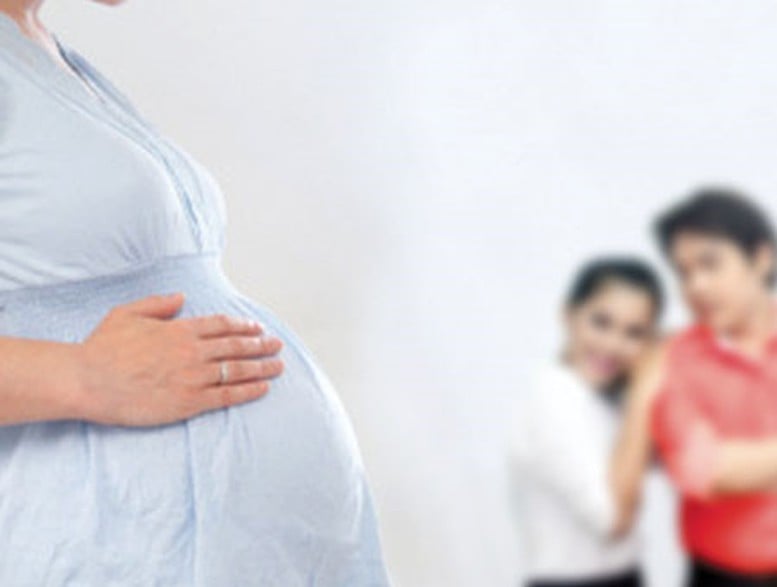
Surrogate couples, surrogate mothers, and children born through surrogacy for humanitarian purposes are guaranteed privacy and personal confidentiality.
This Decree provides for the donation, receipt, use, storage, and deposit of sperm, eggs, and embryos; giving birth using assisted reproductive techniques; conditions, records, procedures, and authority permitting medical examination and treatment facilities to perform in vitro fertilization and surrogacy for humanitarian purposes; and conditions for surrogacy for humanitarian purposes.
Principles of applying assisted reproductive technology and surrogacy for humanitarian purposes
The Decree stipulates that sperm, egg, and embryo donation in assisted reproductive technology must comply with the principle that donations can only be made at a facility licensed to store sperm, eggs, and embryos.
Donated sperm, eggs, and embryos can only be used by one woman or one couple to produce a child. Donation and receipt of sperm and embryos are carried out anonymously between the donor and recipient.
Assisted reproductive technology is only performed for infertile couples or those with medical indications and single women who wish to do so.
Couples who request surrogacy, surrogate mothers, and children born through surrogacy for humanitarian purposes are guaranteed privacy, personal secrets, family secrets, and are respected and protected by law.
Conditions of facilities permitted to perform surrogacy techniques for humanitarian purposes
The Decree clearly stipulates the conditions for facilities permitted to perform surrogacy techniques for humanitarian purposes:
Have at least 02 years of experience performing in vitro fertilization techniques, of which the 02 most recent years up to the time of application submission must have performed at least 500 in vitro fertilization cycles per year.
There is a medical consultant who is an obstetrician-gynecologist, a psychological consultant with a university degree in psychology or higher or a doctor with a training certificate in the field of psychology, and a legal consultant with a bachelor's degree in law or higher.
Medical consultants must be employees of the medical examination and treatment facility. Psychological consultants and legal consultants must be employees of the medical examination and treatment facility or cooperate with the law.
Authority to permit medical examination and treatment facilities to perform surrogacy techniques for humanitarian purposes
The dossier and procedures for requesting permission for medical examination and treatment facilities to perform surrogacy techniques for humanitarian purposes shall comply with the dossier and procedures for adjusting operating licenses under the law on medical examination and treatment, which must include documents proving that they meet the conditions specified in Article 12 of this Decree.
The Minister of Health, the Minister of National Defense, and the Minister of Public Security shall decide to allow medical examination and treatment facilities under their management to perform surrogacy techniques for humanitarian purposes.
Documents and procedures for requesting surrogacy for humanitarian purposes
According to the Decree, infertile couples submit a request for surrogacy for humanitarian purposes to a medical examination and treatment facility licensed to perform this technique, including:
Application for surrogacy for humanitarian purposes according to the form prescribed in Appendix II issued with this Decree.
Confirmation from the People's Committee of the commune where the surrogate mother or the requesting mother resides or documents proving the relationship of the same line between the surrogate mother and the requesting mother according to regulations on the basis of relevant civil status documents that are notarized, authenticated and take legal responsibility for the authenticity of the documents.
Documents proving that the surrogate mother has given birth include one of the following documents: Birth certificate or Birth certificate of the surrogate mother or confirmation from the People's Committee of the commune where the surrogate mother resides.
Agreement on surrogacy for humanitarian purposes as prescribed in Article 96 of the Law on Marriage and Family.
After receiving a complete application as prescribed, the facility licensed to perform surrogacy for humanitarian purposes must conduct a health examination of the surrogate mother and the couple requesting the surrogacy; confirm that the wife requesting the surrogate mother cannot become pregnant and give birth even when using assisted reproductive technology; and confirm the surrogate mother's ability to become a surrogate mother.
In case the surrogate mother and the couple requesting the surrogacy meet the health conditions to perform the surrogacy, the facility licensed to perform surrogacy techniques for humanitarian purposes shall perform and confirm the consultation with the parties on medical, psychological (benefits and risks that may occur during the surrogacy process), legal (rights and obligations of each party according to the provisions of law); and perform the surrogacy technique.
In case the surrogate mother and the couple requesting the surrogacy do not meet the health requirements to perform the surrogacy, within 10 working days, the facility licensed to perform surrogacy techniques for humanitarian purposes must respond in writing and state the reasons.
This Decree comes into force from October 1, 2025.
Minh Hien
Source: https://baochinhphu.vn/quy-dinh-dieu-kien-mang-thai-ho-vi-muc-dich-nhan-dao-10225071622584686.htm


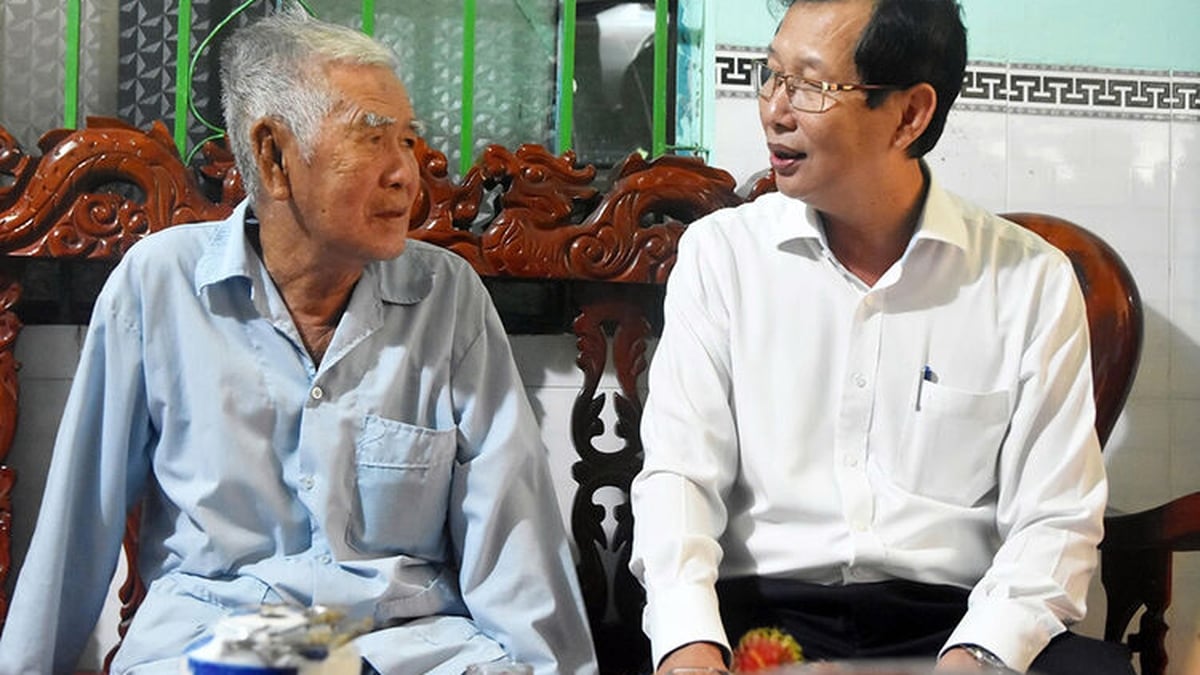
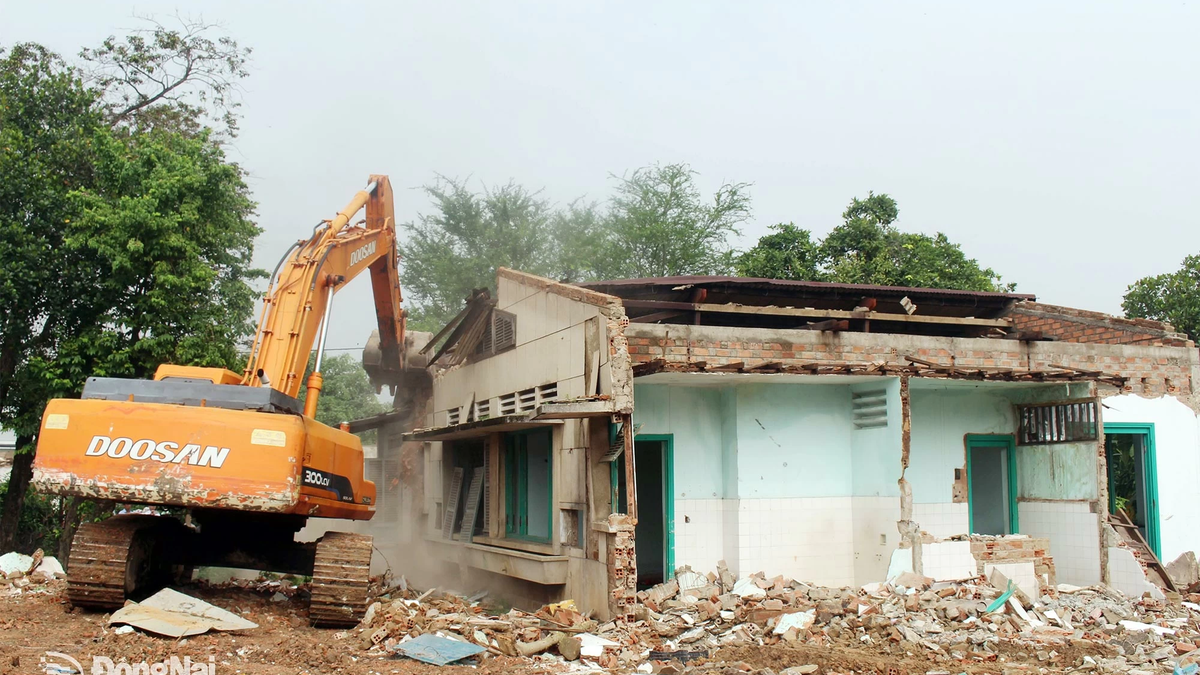


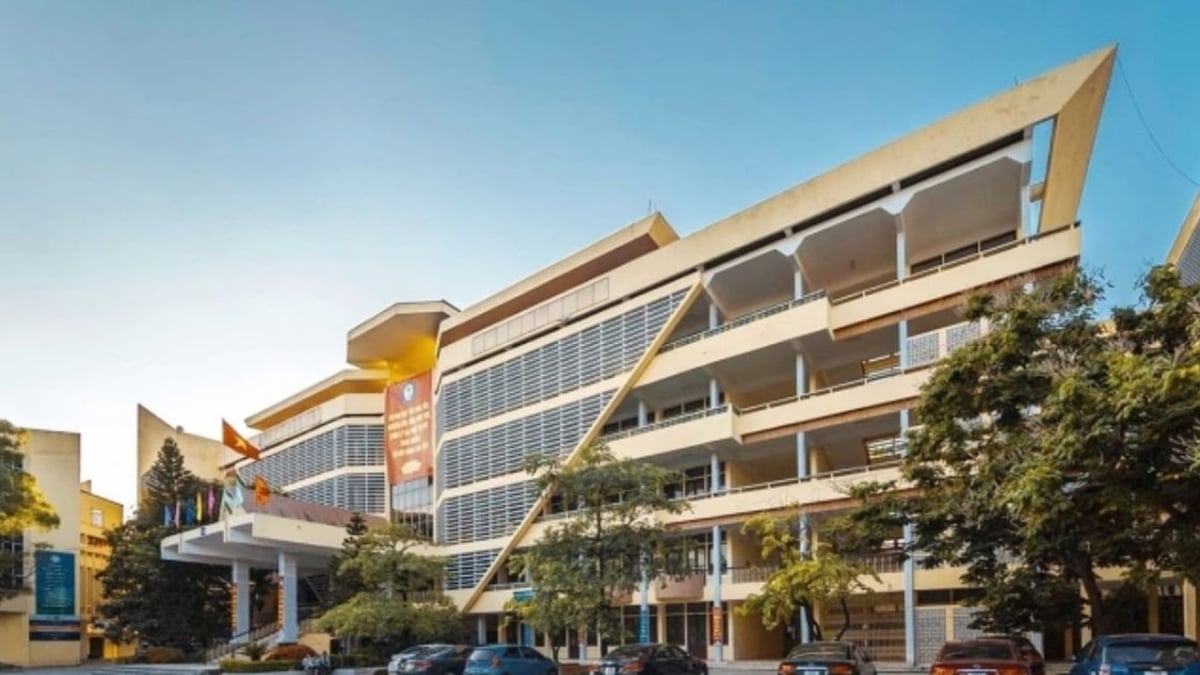
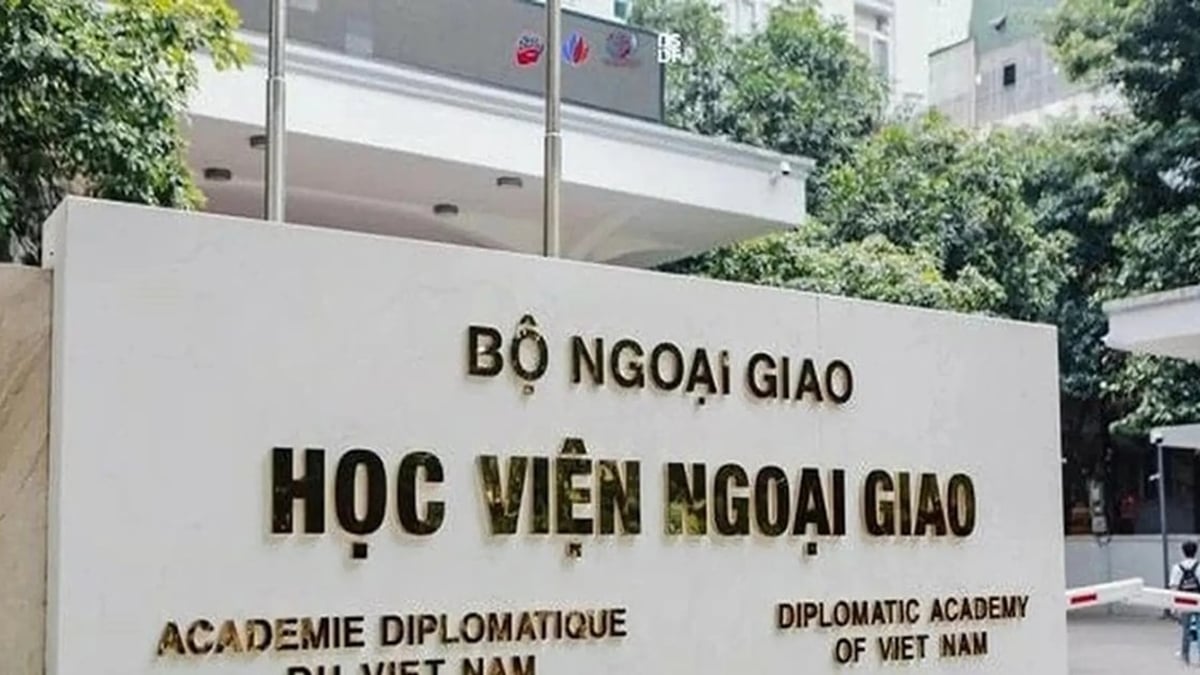

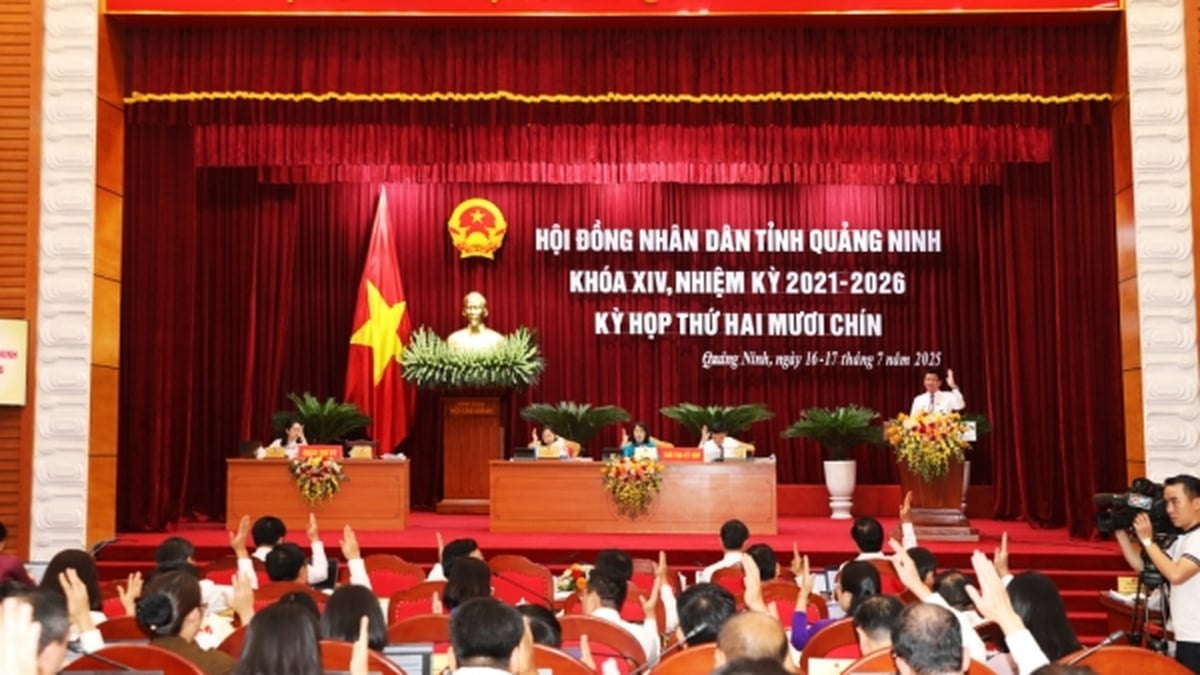

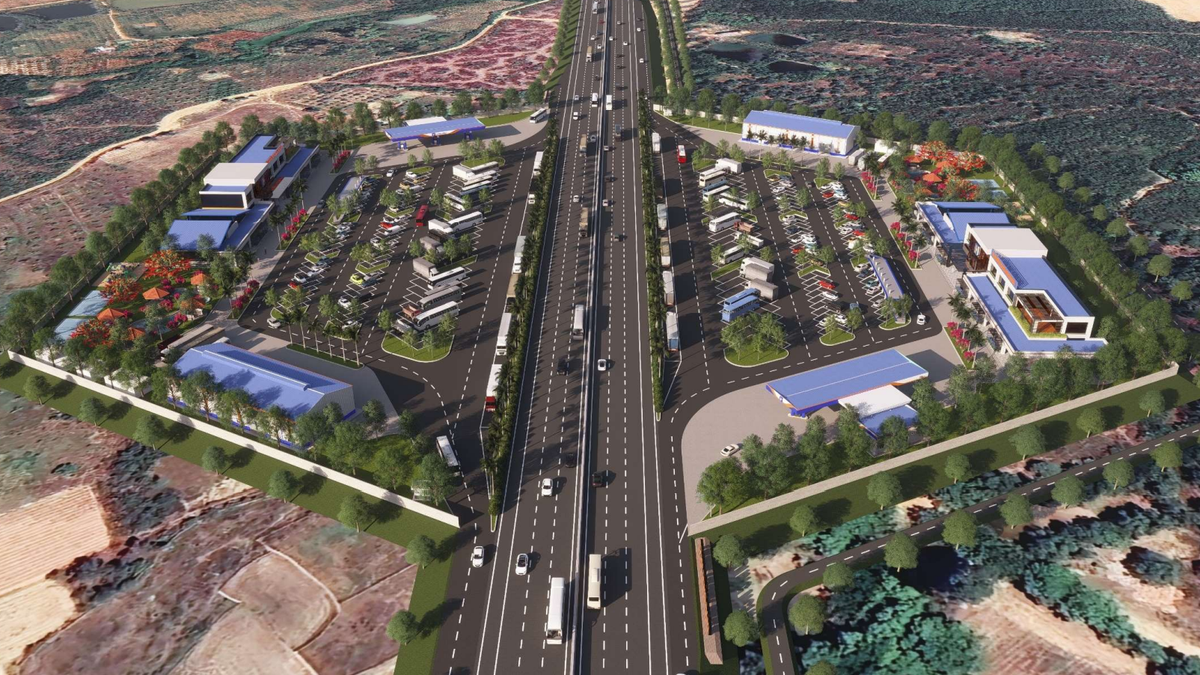






































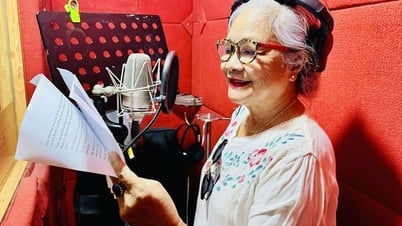

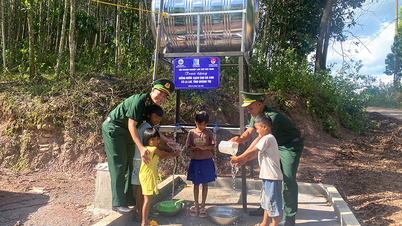




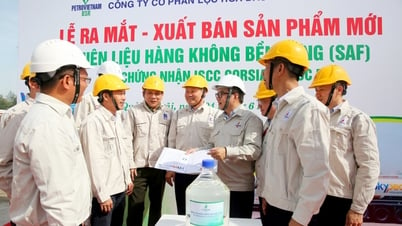





![[Maritime News] More than 80% of global container shipping capacity is in the hands of MSC and major shipping alliances](https://vphoto.vietnam.vn/thumb/402x226/vietnam/resource/IMAGE/2025/7/16/6b4d586c984b4cbf8c5680352b9eaeb0)










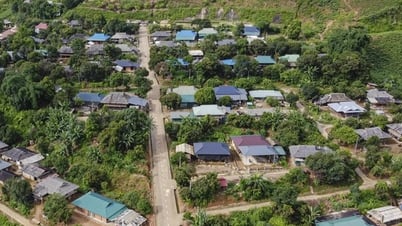


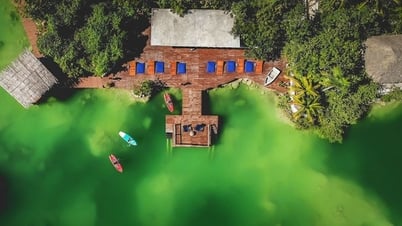























Comment (0)